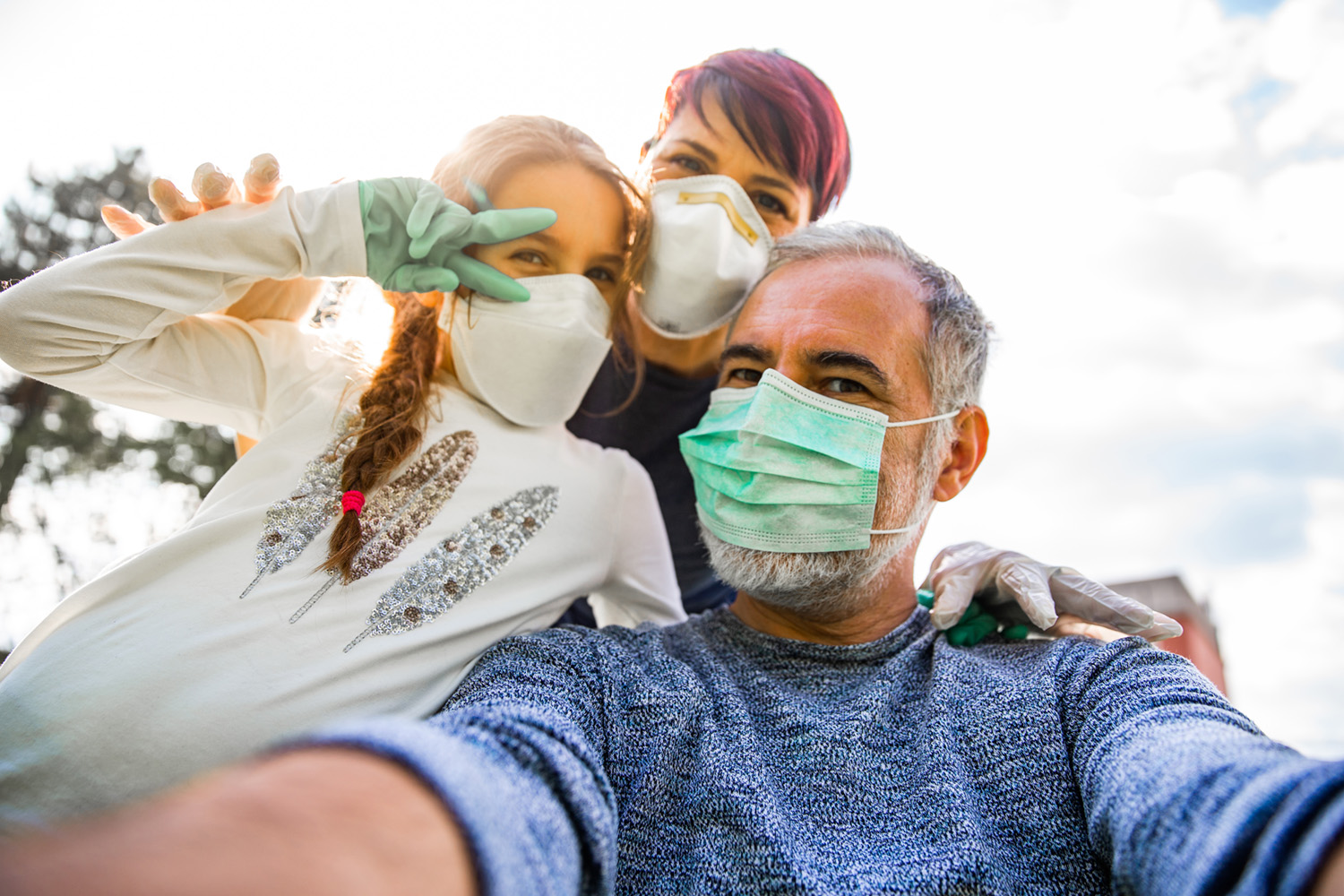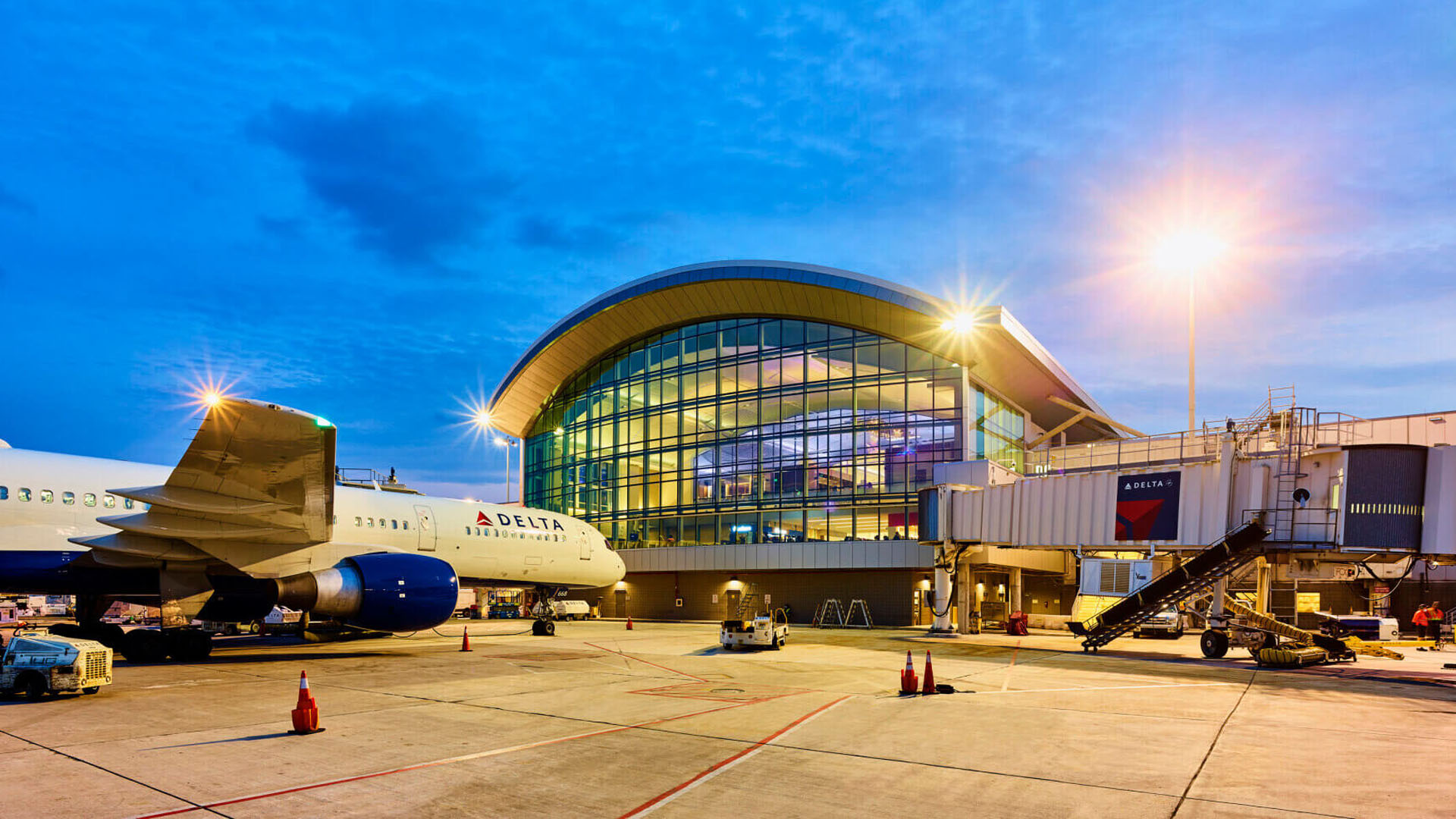[vc_row css_animation=”” row_type=”row” use_row_as_full_screen_section=”no” type=”full_width” angled_section=”no” text_align=”left” background_image_as_pattern=”without_pattern”][vc_column width=”2/3″][vc_column_text]
As 2020 inched as toward spring, Jorge Pesquera knew his ducks were in a row. The president and CEO of Discover the Palm Beaches had “huge plans” on the international market, with representation firms in seven countries around the world. Palm Beach County would be top of mind as a tourist destination for the summer and into high season.
And then the coronavirus spread.
“We had to rein all that in,” Pesquera says. “We shifted more to a message of empathy and trust and transparency.”
But now, even with hope on the horizon, another equally daunting challenge looms for Pesquera and others in the travel and hospitality industries: How will hotels, attractions and destinations in South Florida reboot their businesses in a post-pandemic era?
That was one of several topics posed during an online panel discussion at the Boca Resort in late April involving Pesquera, John Tolbert (president and managing director at Boca Raton Resort & Club) and Roger Dow (president and CEO of the United States Travel Association).
Here are some of the highlights:
Better Safe Than Sorry
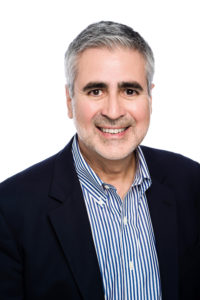
Pesquera: Initially, we should error on the side of caution. The issue of trust and confidence that people can travel safely is uppermost in our minds. Eventually, it will evolve into a more relaxed way of doing things. Bringing that sense of, “I’m going to be OK getting on a plane, going to a destination and checking into a hotel,” is paramount right now.
Is This the New Normal?
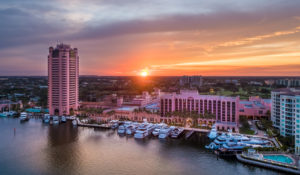
Tolbert: [The Boca Resort is] going to turn 100 years old in 2026. We’re more excited about the future than the past. But we have to get the safety components, the protocols [in line] … Once we give the customer, the club member and our team members confidence that all the protocols are in place, then they can be comfortable to come back to our sanctuary. … The greatest tragedy of all would be if nothing changes coming out of this. This is an incredible opportunity in a very difficult environment. We need to seize that opportunity to reimagine our businesses.
Pesquera: Over the short term, we’re going to have to do everything we can to bring trust and confidence that we’re safe and that people can travel safely. There’s a lot of smart people figuring out how reconfigure ballrooms and casino operations so that we can meet that need for confidence in our products. But I hope to God that this isn’t the new normal. I’m from Latin America. The days when people can shake hands and hug each other have to come back.
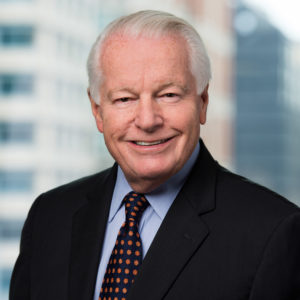
Dow: We’re dealing with something we don’t understand fully. When you don’t understand, you have to put a lot of parameters in place. I remember after 9/11, people said they’d never get on an international flight ever again. Yet, international [travel] grew to wild heights. After the financial crisis, it was thought our industry was in really bad shape. And yet we had the 10 best years ever. I think it’s going to be different the first six months to a year. But I’m hopeful we’ll come back to a better place—and the travel industry will thrive.
The Itch to Travel
Dow: Our research is telling us that 70 percent of people say they’re ready to travel as soon as possible. They’re going to need a signal not only from our travel/tourism community but from the government and health folks. We’ve done a lot of research that says if just the hotel and lodging industry says it’s good to travel, maybe 25 percent will do so. If the government says so, maybe another 20 percent. But if it’s government, health systems and the travel industry talking about what they’re doing together, it goes up to 70 percent. We have to be in this together and restore confidence that these [destinations] are the best places to be, even cleaner than your home.
South Florida as a ‘Drive Market’
Pesquera: I think everyone agrees that this is going to be like concentric circles from your home. Initially, staycations in South Florida will be the main thing to attract people with cabin fever—but who feel comfortable being in their car and going to a well-defined, very clean environment with all the rules and distancing regulations in place. From there, people will start driving to other places in Florida. And I’m sure people will be driving from the Northeast, from places like Philadelphia and New York, and coming to South Florida.
Changes to the Resort Experience
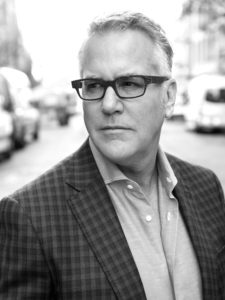
Tolbert: It’s going to be complicated. For example, social distancing. We know the 6-foot guidance is there, but every day things are changing. Masks are going to be part of the uniform component going forward. How are we separating tables? Golf? Tennis? The spa? The marina? We have protocols at every single level as we start phasing back into the business. … It’s about us sharing those practices and getting them implemented because that’s what will give the employees, team members and customers confidence.
Avoiding Rate Wars
Tolbert: We have to remove pricing from the conversation. It doesn’t get cheaper to do what we’re talking about doing. Think about, four months ago, the conversations around plastic straws. It doesn’t reduce our responsibility to think creatively and be protective of the environment. But single-use straws are back in vogue. So, how does that get reimagined? It’s not cheaper. The power of the collective is so important to do this thoughtfully, and then each competitor can figure out their unique angle on it. But it has to reach a level of standard and experience where the customers say, “Wow, they really care about me; there’s a noticeable difference—and my health and wellness is at the center of it.”
Conferences and Events
Tolbert: We’ve engaged doctors, organizational behavior specialists, and leaders in catering and events. Boca Raton is an incredibly philanthropic destination. All the charities are getting ready for the fall season. How are they looking at events? We know buffets, for example, will be reimagined completely; I think they’ll be phased out for a period of time. We’ve tested different concepts and we’re learning about those experiences. … [Staging events] has to be reinvented.
Pesquera: I think there’s going to be a need for more communication between the meeting planners and the destination services people and the convention services people. The logistics will become so much more complex that it will require an increased level of planning. We’re working on that.
Setting a Standard
Dow: We have to do things together. It shouldn’t be one of these things where my hotel is cleaner than your hotel. Or, my hotel is safer than your hotel. I think we need a set of industry standards on cleanliness and health. Think about when you get on a plane. You get the same speech about seat belts [and oxygen masks] on every flight, whether it’s JetBlue or American Airlines or Southwest. The pilots go through the same checklist. The best thing we can do as an industry is come together with a set of standards that we put together with health experts. We don’t want our destiny controlled by someone else; we know this industry better than anyone. ♦
[/vc_column_text][/vc_column][vc_column width=”1/3″][/vc_column][/vc_row]


